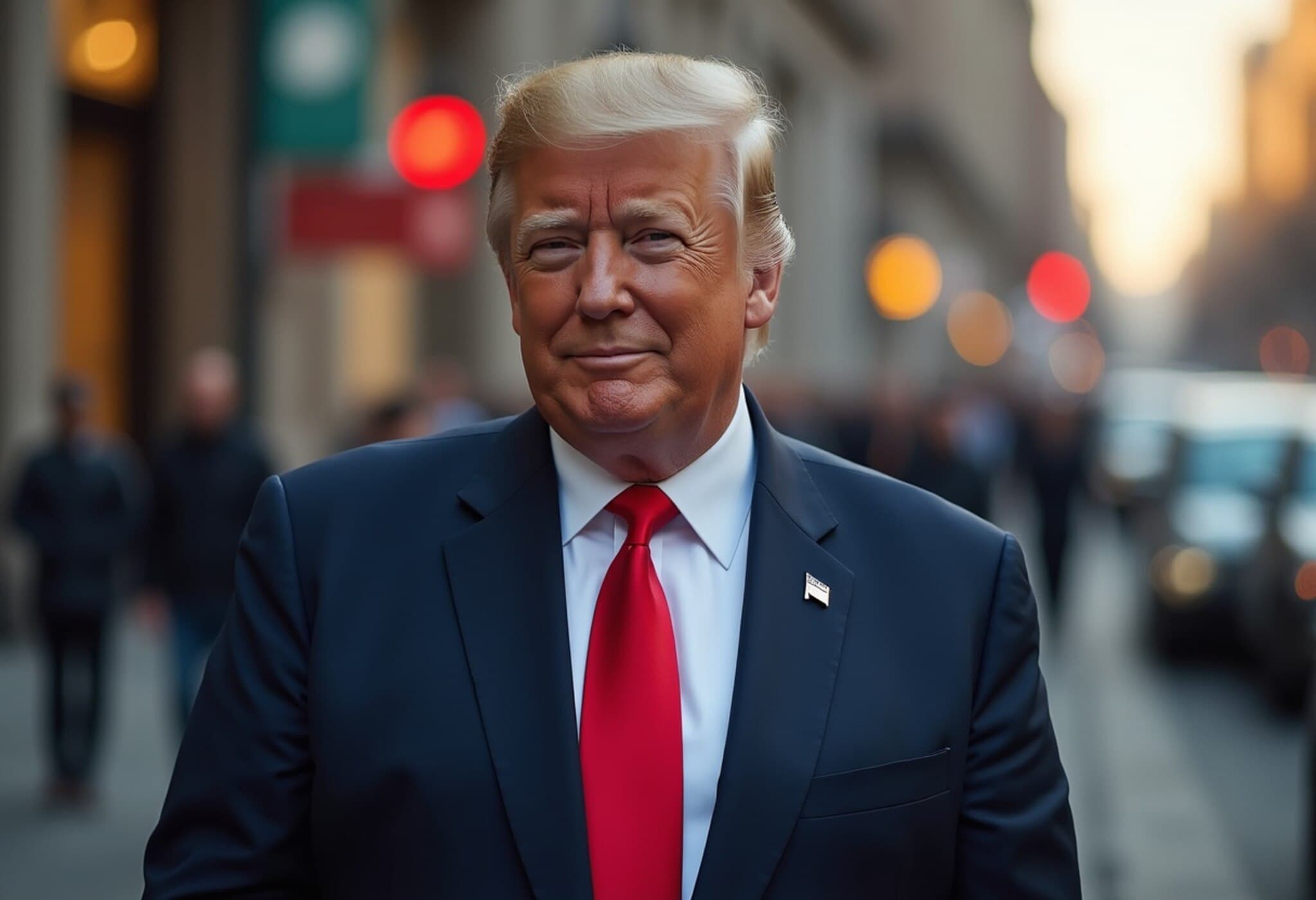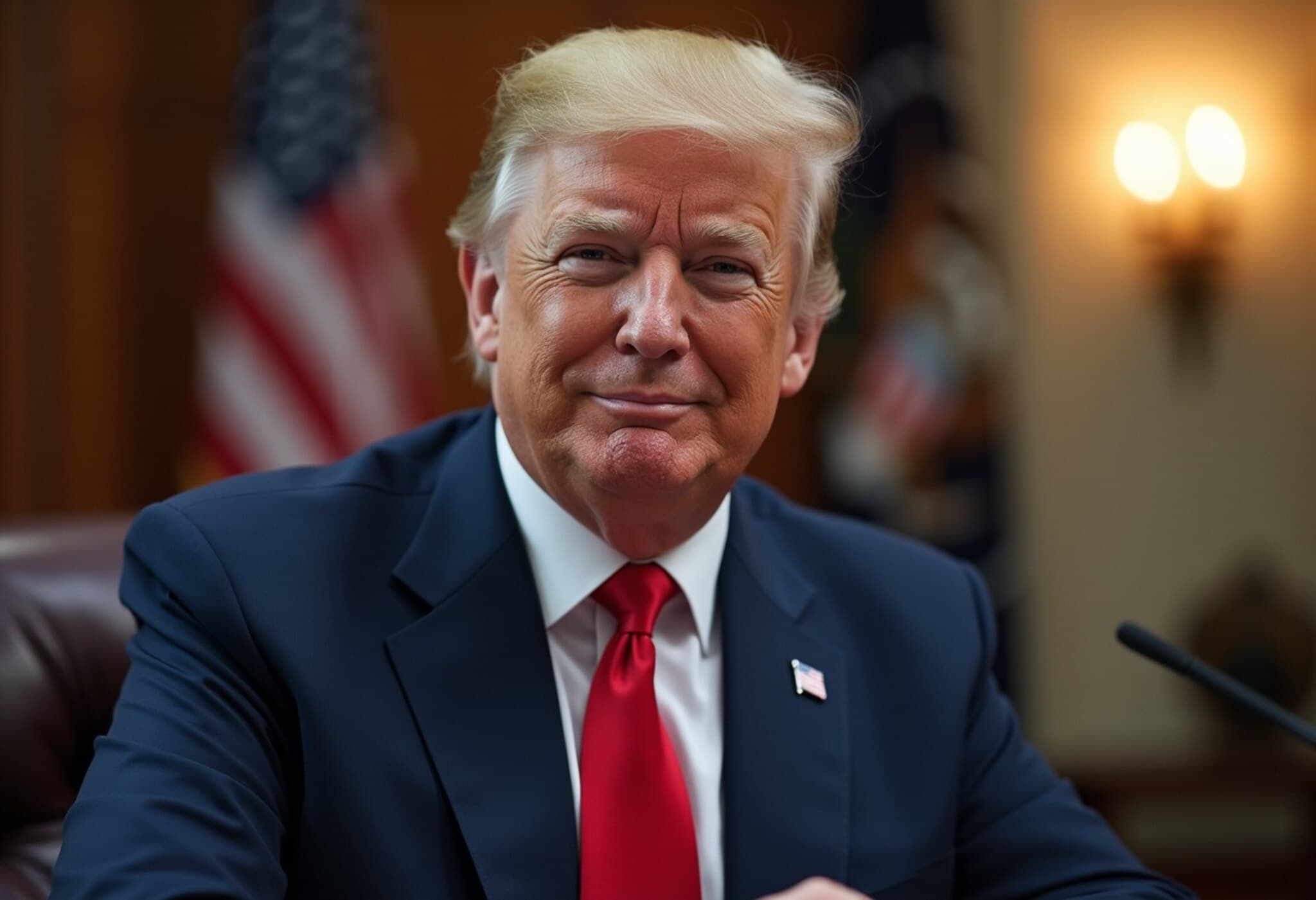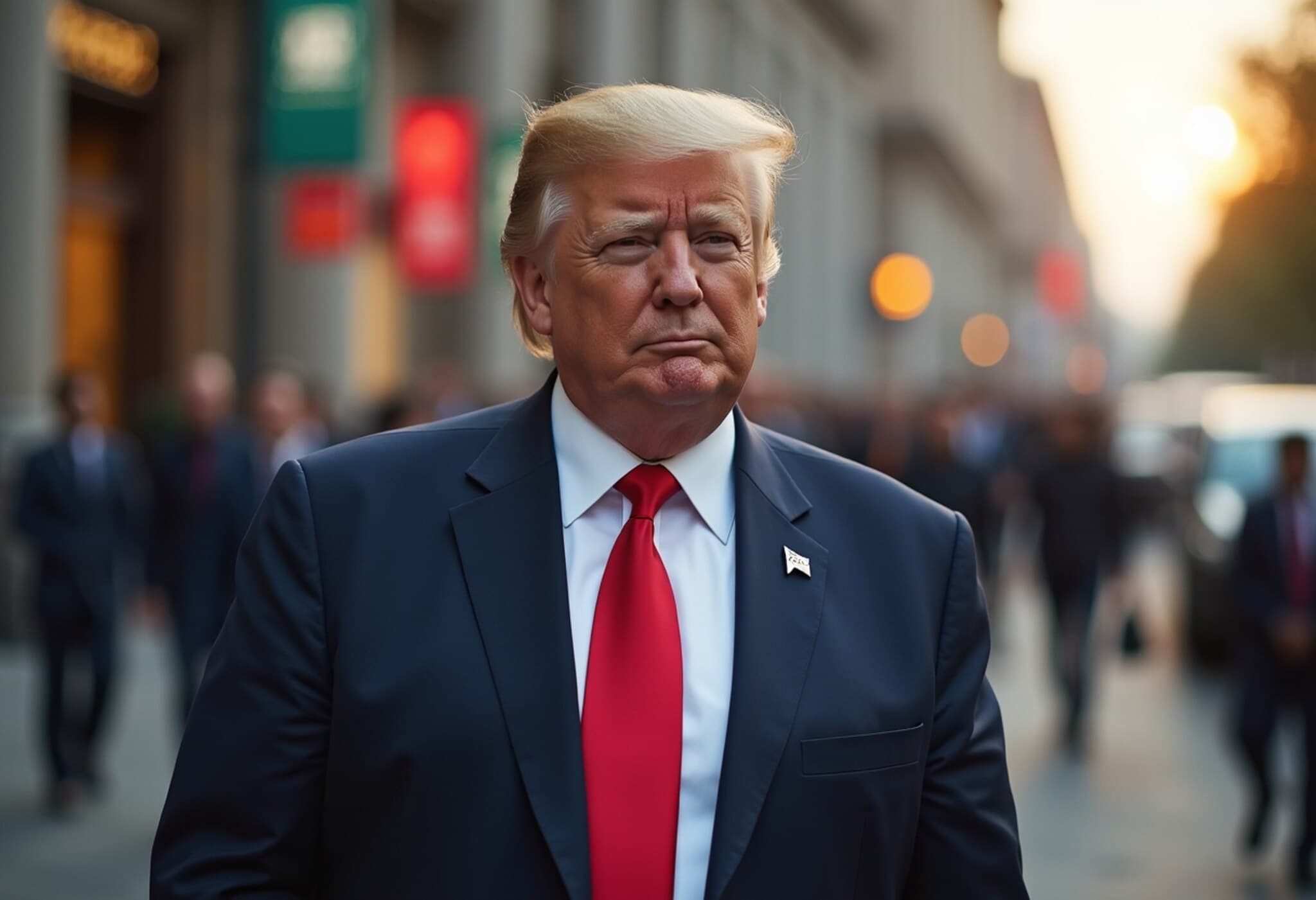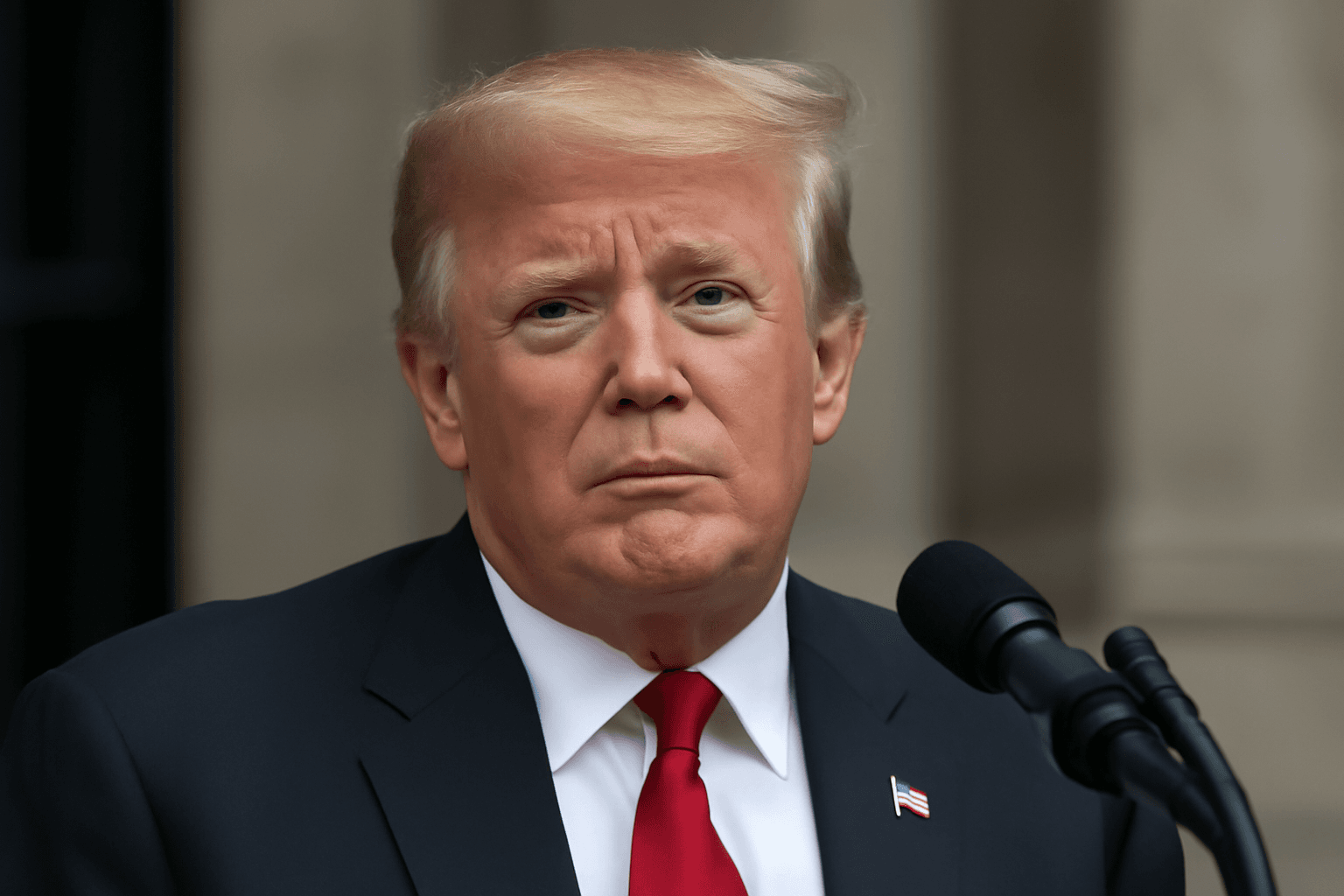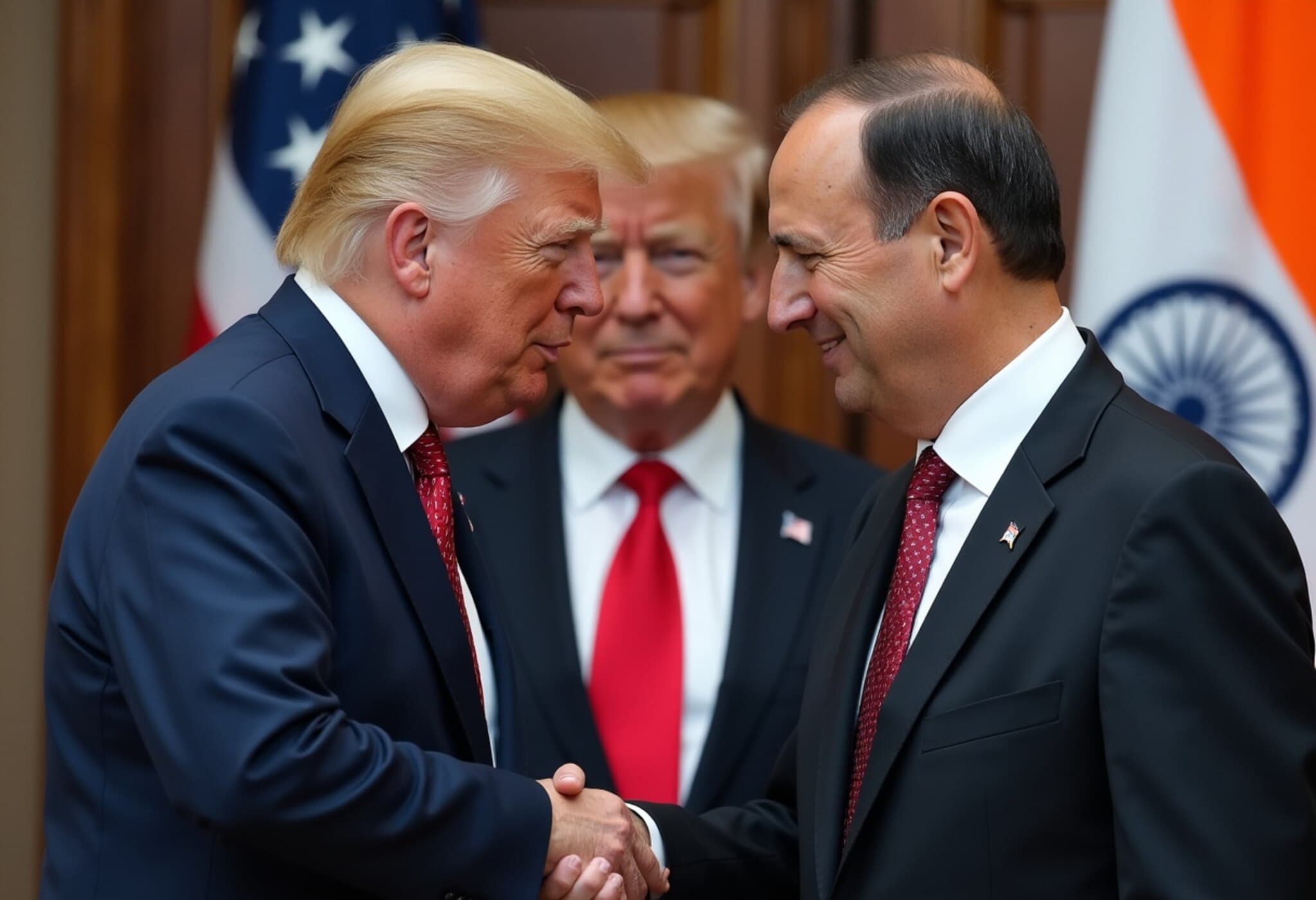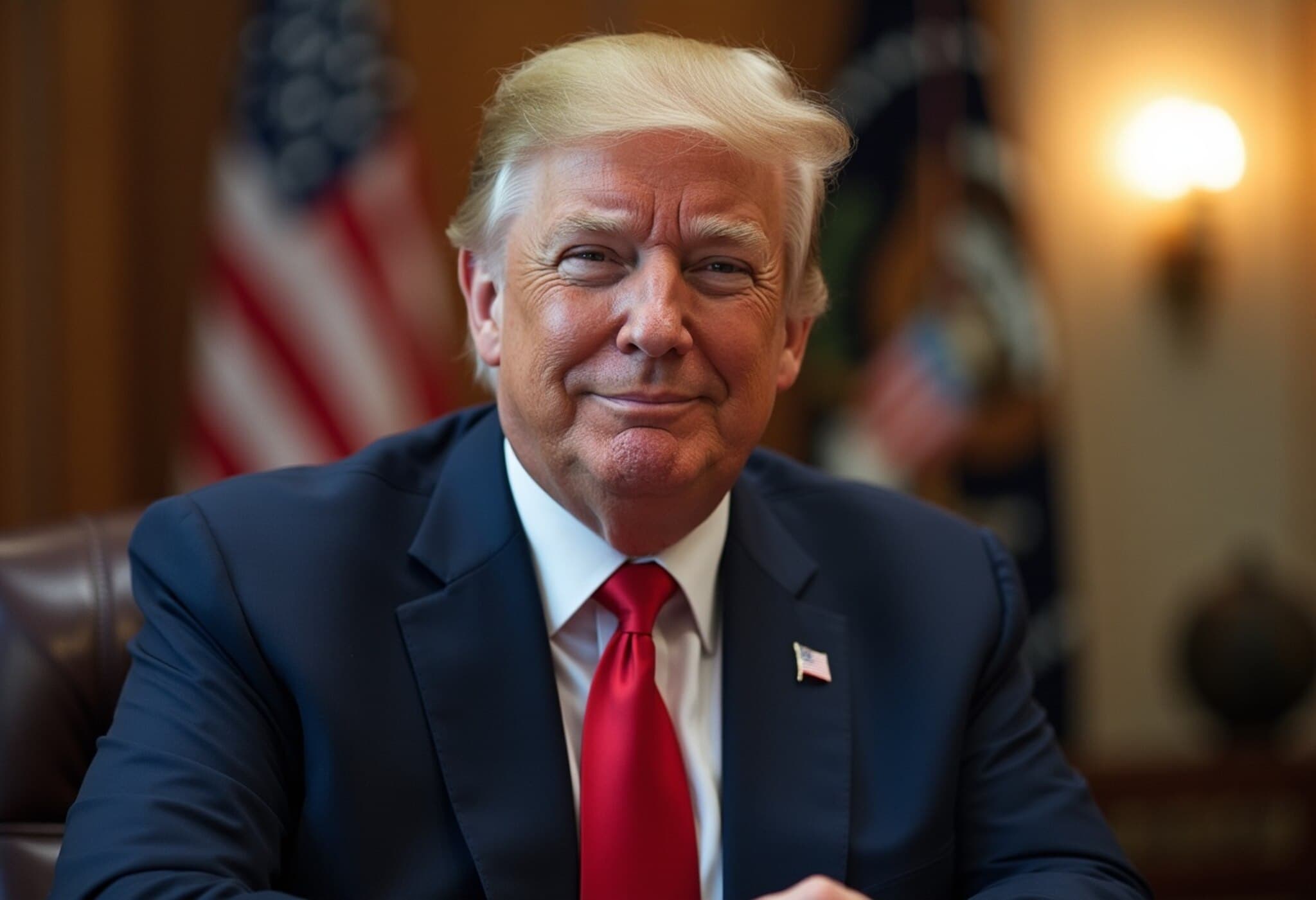US Embassy Warns Visa Applicants Following Shoplifting Incident Involving Indian Visitor
The US Embassy in India has released a firm advisory urging visa applicants to strictly adhere to American laws during their stay, following a viral incident involving an Indian woman caught shoplifting at a Target store in the United States. The case has sparked widespread discussion on social media and raised important questions about the legal consequences for foreign visitors who commit crimes in the US.
Incident Details: An Indian Tourist's Shoplifting Case Sparks Viral Attention
A video circulated online shows an Indian woman caught attempting to steal goods valued at approximately $1,300 (nearly ₹1.1 lakh) from a Target retail outlet. In the footage shared by the YouTube channel @BodyCamEdition, the woman is seen pleading with law enforcement officers to allow her to pay for the merchandise after she was stopped.
Her plea, “But if I’m paying for it, what is the harm?” was met with the response from an officer clarifying, “It would have been fine if you didn’t leave. You had the chance to pay. But once you left the store, you made the choice not to — and we can’t go back from that.” This exchange highlights the critical point at which the act shifted from attempted payment to criminal theft under US law.
US Embassy’s Advisory: Legal Ramifications Extend Beyond Immediate Charges
In a clear message on X (formerly Twitter), the US Embassy cautioned that offenses such as assault, theft, or burglary have serious legal consequences. Importantly, these actions can result in visa revocation and jeopardize eligibility for all future US visas. The embassy emphasized America’s steadfast commitment to law and order, expecting all visitors, regardless of nationality, to comply fully with US legislation.
“Committing assault, theft, or burglary in the United States won’t just cause you legal issues – it could lead to your visa being revoked and make you ineligible for future US visas. The United States values law and order and expects foreign visitors to follow all US laws.” — US Embassy India
Wider Context: Increasing Visa Scrutiny and Enforcement
This advisory appears against a backdrop of heightened US scrutiny when issuing visas and monitoring visitor behavior. Recently, other incidents involving visa violations have led the embassy to tighten warnings. For instance, only last month, an Indian student was detained and deported for entering the US illegally, illustrating the uncompromising stance of US immigration authorities.
Experts suggest the embassy’s stringent language signals a broader policy shift aimed at safeguarding legal compliance and curbing misuse of visas. From a legal standpoint, foreign nationals in the US are subject to the country’s criminal and immigration laws, and violations can carry severe consequences, including deportation and bans on future entry.
What This Means for Indian Travelers and Visa Applicants
- Legal awareness: Indian travelers must familiarize themselves with US laws and regulations before visiting.
- Consequences of criminal acts: Even seemingly minor offenses like shoplifting can result in visa cancellation.
- Impact on future travel: Criminal charges could make securing US visas more difficult or impossible.
Given these developments, travel consultants and legal advisors recommend that visa applicants exercise due diligence and observe all laws to avoid jeopardizing their ability to visit or study in the United States.
Expert Commentary: Navigating Legal Risks in International Travel
From a policy perspective, this episode underscores the increasing interconnectedness of immigration law enforcement and criminal justice. It reflects a growing trend in US immigration policy that prioritizes visa integrity and public safety.
Legal experts point out that misunderstandings or cultural differences regarding laws in foreign countries can sometimes lead to such unfortunate incidents. However, ignorance of the law is rarely accepted as an excuse. Therefore, educational efforts and clear embassy advisories become crucial tools in preventing inadvertent violations.
For the broader Indian diaspora and visitors, this incident is a cautionary tale emphasizing how actions abroad can have long-term repercussions, including on one’s personal and professional life.
Conclusion
The viral shoplifting case serves as a stark reminder for all international travelers: compliance with local laws is non-negotiable. The US Embassy’s firm stance is a call to respect sovereignty and legal frameworks while fostering safe and lawful travel experiences.
Editor's Note
This incident highlights an important conversation about cultural awareness, legal understanding, and the consequences of actions overseas. As global mobility increases, so does the responsibility of travelers to fully understand and respect their host countries’ laws. How can embassies and consulates further support applicants in navigating these complex legal landscapes? The balance between law enforcement and cultural sensitivity remains a critical topic for policymakers and global citizens alike.


